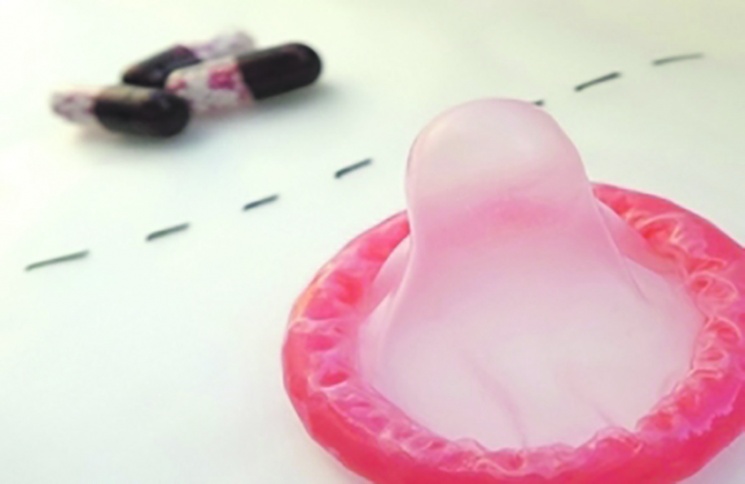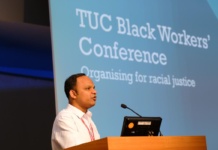The Annual HIV data released by Public Health England (PHE) reveal that diagnoses in the UK have fallen for the second year in a row.

New diagnoses decreased by 17% in 2017 – from 4,363 new diagnoses reported compared to 5,280 in 2016, which brought new cases down to their lowest level since 2000.
New HIV diagnoses in black African and Caribbean heterosexuals have been steadily decreasing over the past 10 years. For the first time, a UK-wide fall was also seen in new diagnoses in heterosexuals from other ethnicities, with a drop of 20% in 2017 when previously they had remained stable at around 1000 per year.
Professor Noel Gill, Head of the STI and HIV Department at Public Health England, said: We are pleased to see that UK prevention efforts are having a significant impact on new HIV diagnoses, and this heralds the lowest number of HIV diagnoses in the UK since 2000. However, we know that anyone who has sex with a casual partner without a condom or shares needles may be at risk of infection.
The most common way of getting HIV in the UK is through having sex without a condom – so consistent and correct condom use with new and casual partners stops you getting or transmitting HIV and other STIs. If you think you have been exposed to HIV it is easy to get tested so, if positive, you can start treatment as soon as possible.
Steve Brine, Public Health Minister said: HIV is a devastating and life-altering disease. Today’s figures mean we are well on our way to eradicating it once and for all but we have not an ounce of complacency.
Our commitment to prevention has led to more people getting tested and almost every person with a diagnosis is now in treatment – meaning they are unlikely to pass the virus on to someone else. I am committed to ensuring that we deliver on our promise to reduce the number of people contracting HIV even further.
There are very effective treatments for HIV that enable people diagnosed with the virus to live a long and healthy life, and minimise the risk of onward transmission. Early diagnosis through regular testing ensures people get the greatest benefit from these HIV treatments. HIV testing is freely available through GP surgeries, local hospitals and sexual health clinics, as well as through a self-sampling service or by using a home-testing kit.
Public Health England, alongside other government and third sector organisations, is working to control HIV by 2030 and these new figures are an encouraging sign that this is achievable.
PHE advises gay and bisexual men to have an HIV test at least once a year, or every 3 months if they’re having unprotected sex with new or casual partners. Black African men and women are advised to have a regular HIV and STI screen, if they’re having unprotected sex with new or casual partners.
Kindly follow us on twitter:@AfricanVoice2










